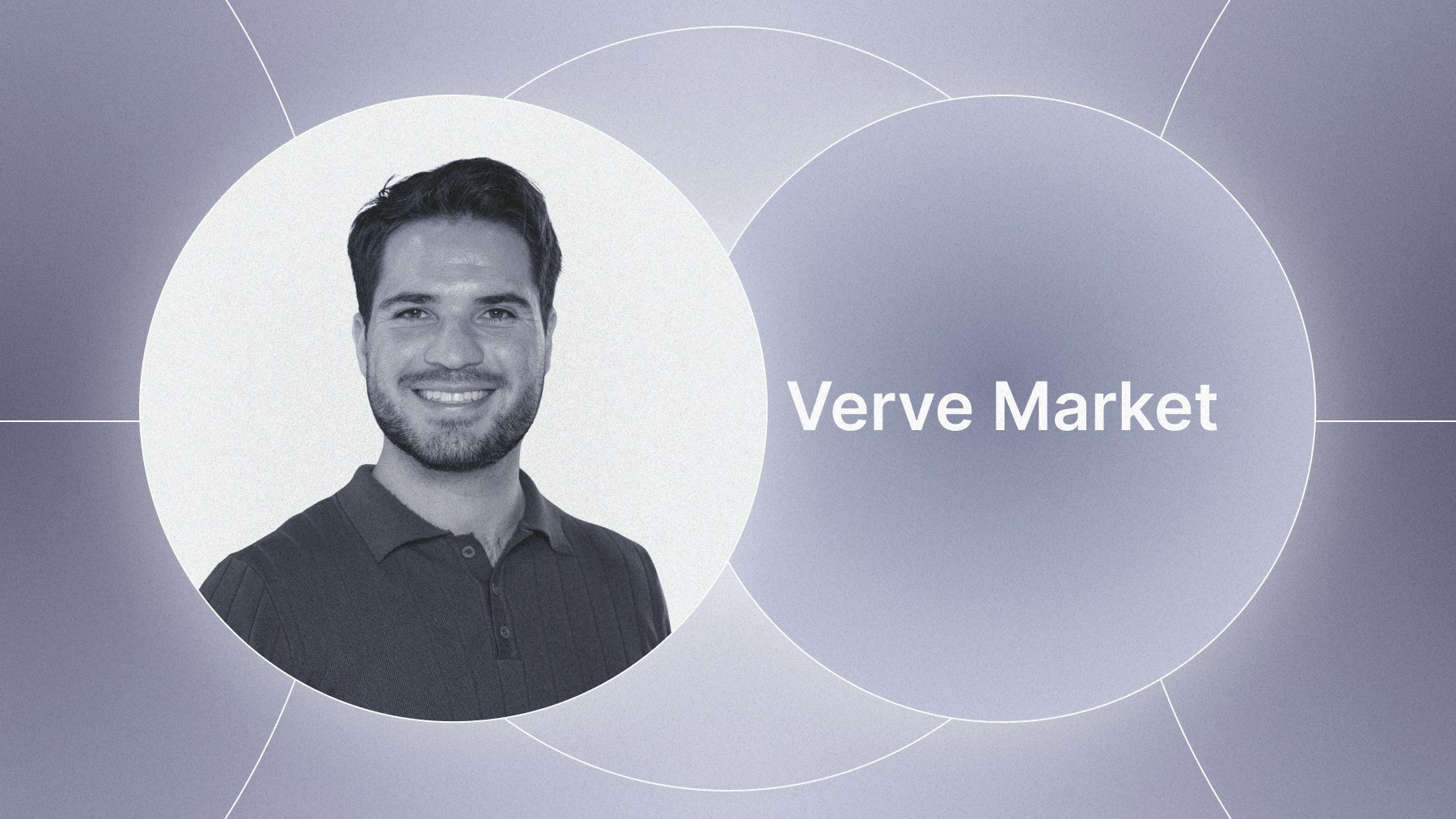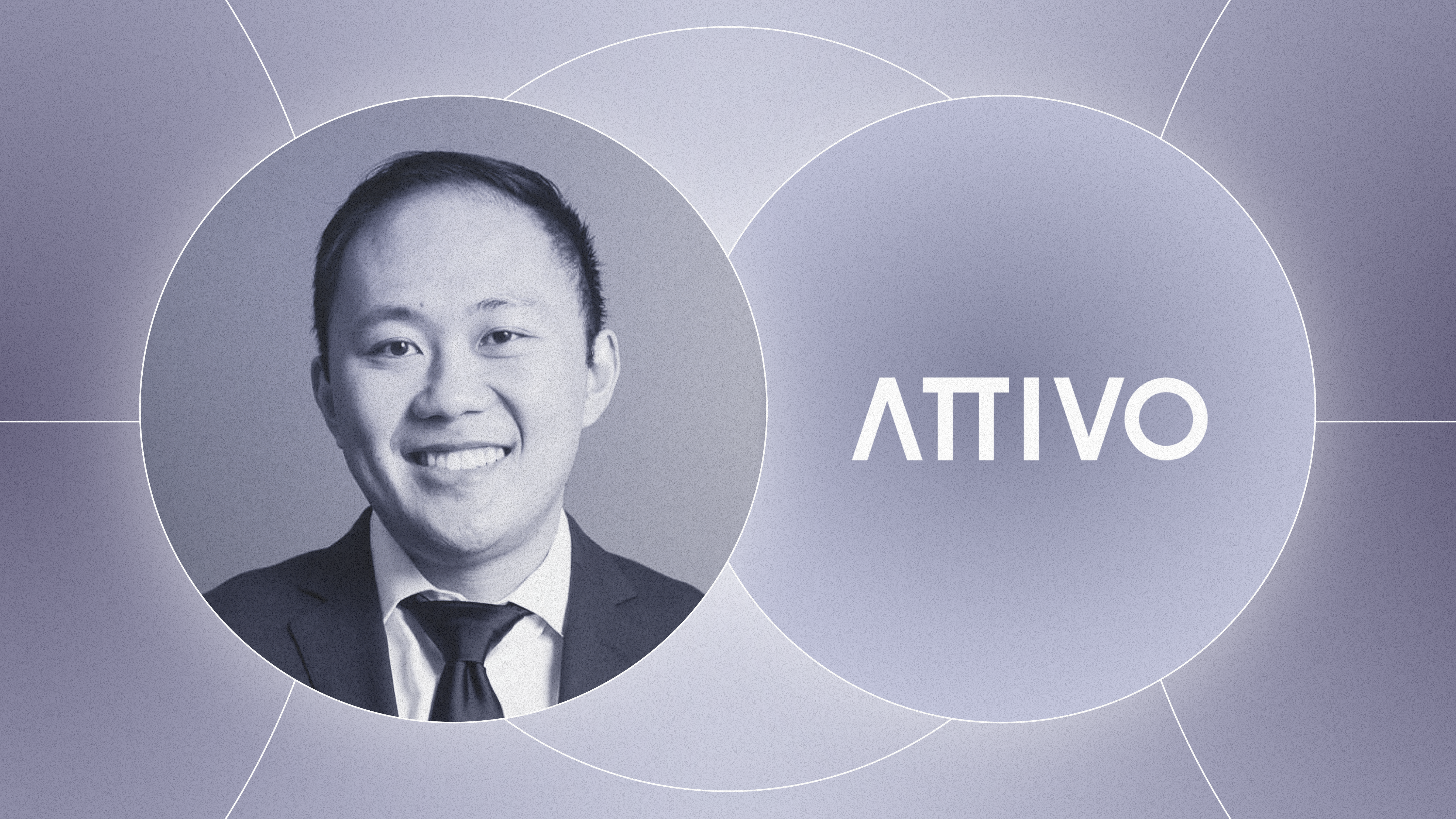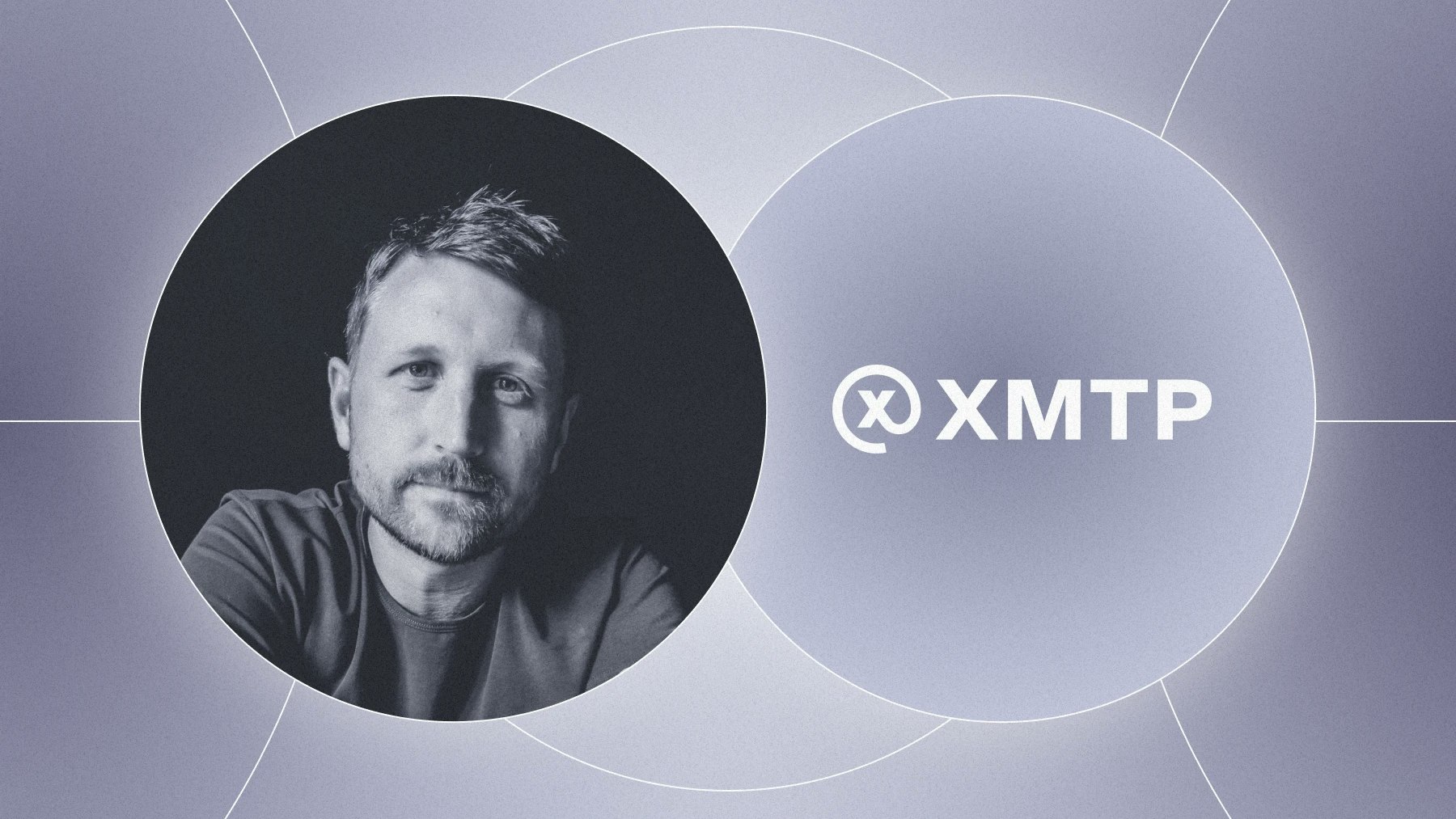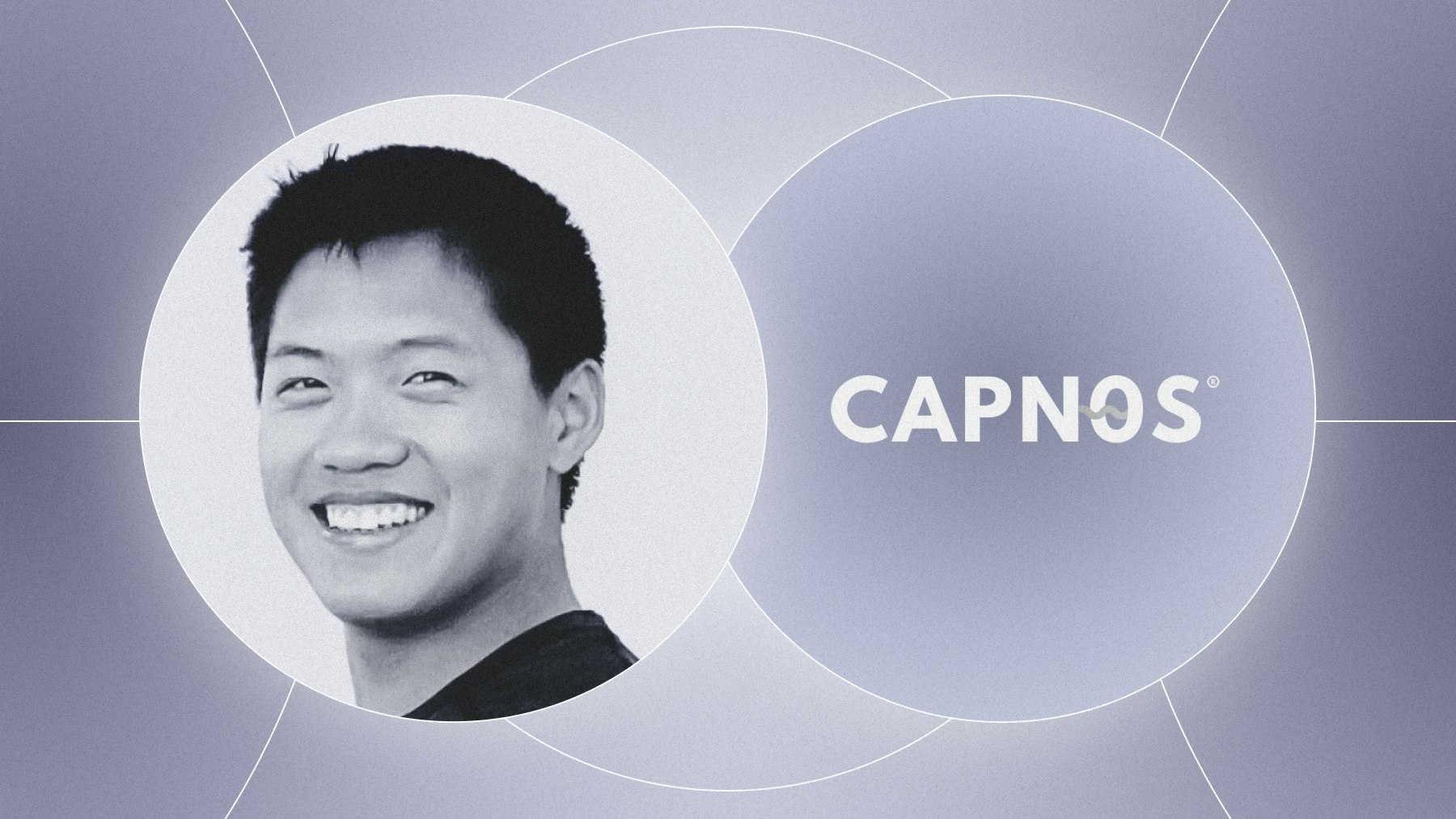Customer moment: How Twenty raised SAFEs on Mercury
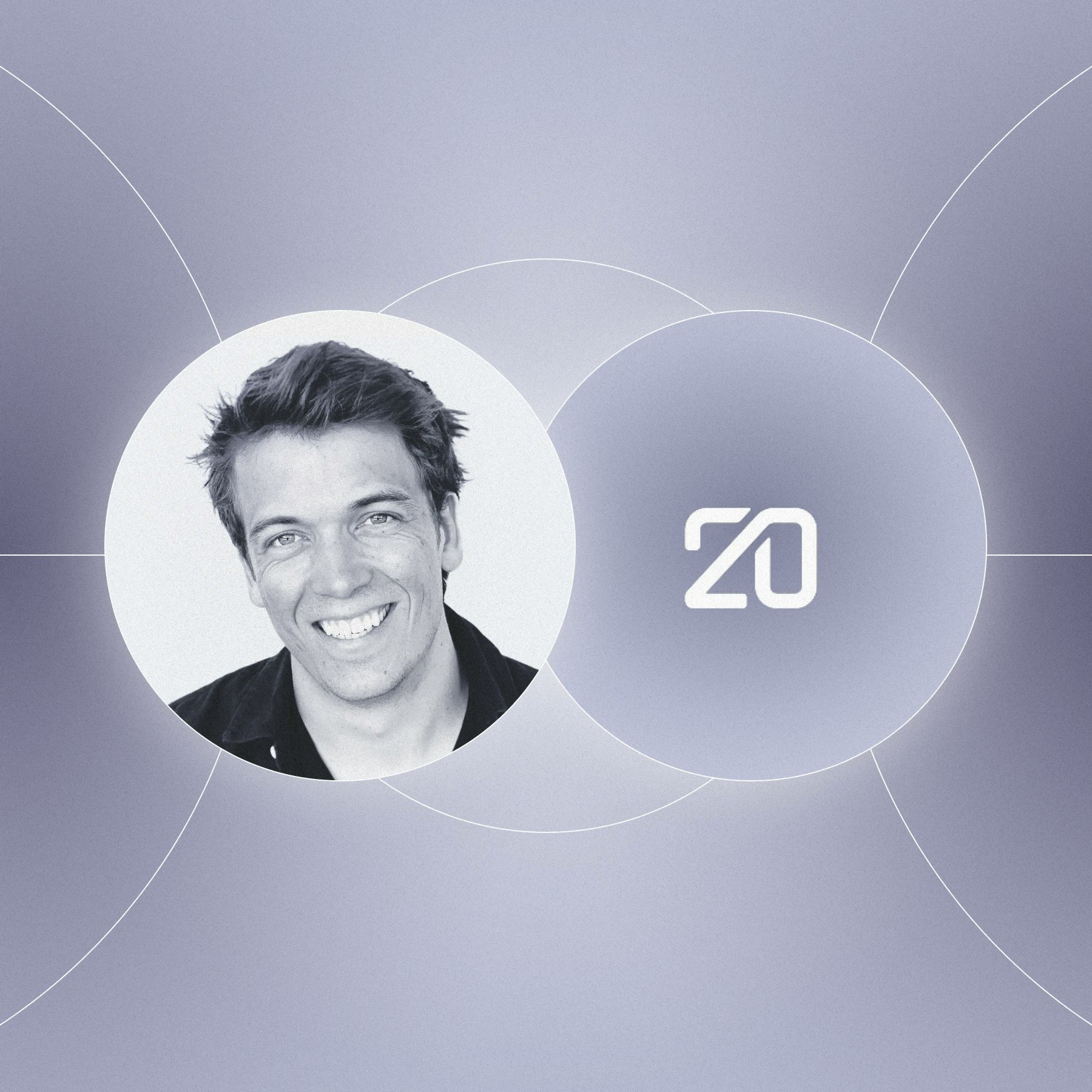
We spoke with Félix Malfait, co-founder of the YC-backed company, Twenty, which used Mercury to create, share, and customize its own SAFEs (Simple Agreements for Future Equity) to raise money from its investors.
Feature: SAFEs
Company: Twenty
Founder: Félix Malfait
What they’re building: An open-source CRM reinventing Salesforce for the modern era.
This interview has been lightly edited for clarity.
How did you come up with the idea for Twenty?
It came from my prior experience co-founding a company where we had to select a CRM. We found Salesforce to be prohibitively expensive and underwhelming, which led us to create an in-house solution instead.
For Salesforce, the moat was not the product itself but the ecosystem they had created — all the apps, integrations, and partner agencies. Their network benefits from very strong network effects, which is why it’s hard for a newcomer to compete with them. Only an open-source solution can create a comparable ecosystem that covers the long tail of unique business needs — being able to say that “we’re free, we’re open, let’s build this together” is basically our best shot at creating something competitive.
For us, being completely open-source has also allowed us to attract the best talents who share our vision and want to build something better with us. By two months after our launch, we already had 70 contributors to our codebase — now, almost 100.
How would you describe the typical startup fundraising process?
There's no standard script. For Twenty, we secured funding within a few days of seeking it out while we were still pre-revenue. In contrast, my previous company required months of negotiation to raise funds despite generating millions in revenue. Not being a YC company, we went through a priced round instead of using a SAFE, which meant paying legal fees and going through a more intensive paperwork process.
Why did you opt to raise through SAFEs over a priced round?
SAFEs are now the default post-batch fundraising method for YC companies. It’s fast and very convenient for everyone.
How did your experience with using SAFE tools in the past compare to using SAFEs by Mercury?
In the past, our biggest challenge was tracking payments. Mercury streamlined this process so that we could accept checks as small as $2K from both early customers and fellow YC batchmates. Without this simplicity, we would likely have set a much higher minimum commitment.
Since Twenty is still pretty early, using a SAFE has allowed us to raise money while remaining laser-focused on execution. Actually, both co-founders of our very first customer (another YC company called Langdock) actually became investors in Twenty.
Walk us through your experience using the Mercury SAFE product. How did you communicate with your investors throughout the process?
The process was very straightforward. After reaching a verbal agreement, I input the investor's details into Mercury, and my involvement essentially ended there.
Was there anything that surprised you when using Mercury’s SAFE?
At one point, I was stuck during a step and Mercury’s VP of Growth and Analytics himself stepped in to help out while following up directly with me. It’s always a good sign when a company’s leadership isn’t afraid to jump into the details of a customer support issue.
How do you plan to use the capital you raised?
Our only focus is to build a great product and deliver value for our community. We plan to invest this funding into engineering and design resources.
Interested in being featured as a founder spotlight in an upcoming issue of The Messenger newsletter and our blog? Sign up for a Mercury account, then submit your company for consideration here.
Tags
